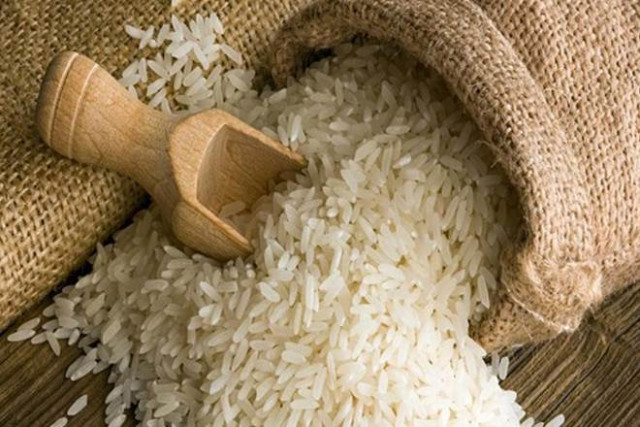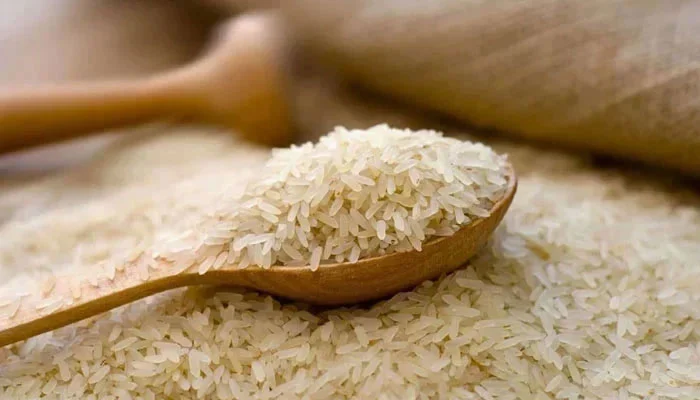Tags
Saving Punjab from rice
Agriculture in the state needs to be reoriented. The Union government will have to foot the diversification bill.
Punjab is no longer viewed as the promised land. Despondency continues to consume the youth. In the past few years, especially since the agitation against the well-intentioned, ill-conceived farm laws, rural Punjab feels short-changed while others feel that the state is being overly pampered. The gap between perceptions has magnified due to the censuring on social media of those agitating against the farm laws. This renders difficult solutions to the inseparably intertwined issues of Punjab’s ecological sustainability and India’s food security.
The cultivation of paddy in Punjab is depleting aquifers and is a leading cause of biodiversity loss. Climate change-induced erratic weather, rising temperatures and receding glaciers are precipitating the existential threat. Man-days of work created on a paddy field is less than half that of other crops; this precipitates a socio-economic nightmare. The writing has been on the wall for a long time — to prosper, Punjab needs more economic complexity. Experts constantly propagate that minimum support prices (MSP) for other crops will be incentive enough for farmers to diversify away from paddy cultivation. But simple logic shows that returns on paddy far outweigh returns on other crops. Paddy is also less prone to weather-related production risk.
Punjab has been delivering about 30 per cent of India’s food reserves from around 1.52 per cent of the country’s landmass. In the process, groundwater levels have plunged. Within a decade, of the state’s 153 blocks, 90 blocks are on track to becoming economically unviable for extraction of groundwater for agriculture production.
Punjab is still scarred by a decade of terrorism instigated from across the border and has been unable to recover financially and emotionally. Having provided soldiers to the armed forces way before Independence, Punjab feels that it has not been rewarded enough for the sacrifices and hard work of its people. Further, the seasonal rise in air pollution in Delhi leads to a blame game between Punjab’s farmers and the urban middle class, which unfortunately has become the new “moral majority”. Farmers in Punjab feel they should be compensated for not burning the crop residue, while others insist on a “polluter pays” principle.
Punjab farmers receive free power worth Rs 9,000 crore paid by the state exchequer annually. The central government agencies procure paddy and wheat annually from Punjab farmers worth over Rs 60,000 crores at MSP. This works to about 50 per cent more than the weighted average cost of production, popularly referred to as the MS Swaminathan’s C2+50 per cent formula. Additionally, the Centre lifts all the wheat and paddy the farmer wants to sell and promptly pays for it. This C2+50 price and open-ended procurement are not available for any other crop or for farmers in other states (apart from Haryana). Consequentially, in comparison, the average monthly income per agricultural household in Punjab is two-and-a-half times higher than the Indian average.
Earlier, the Centre had two concerns. The first, a restive rural Punjab population was a festering ground for terrorism from across the border. In recent years, however, Pakistan’s economy and polity have become pale caricatures of their not-too-glorious past. Second, India needed Punjab’s grain for food security. Now, the Union government officials are brimming with hubris in India’s ability to feed itself into the distant future, with limited procurement from Punjab.
The political leadership is averse to making difficult choices. This can hardly be over-emphasised given the state’s near financial bankruptcy and the lack of political will, vision and capacity, Sadly, a solution that envisages the state even partly funding the transition will not even get off the drawing board. The competitive populism of farmer union leaders has placed life in Punjab at the edge of the precipice.
Cultivation of paddy in Punjab is like an intoxicant that the Centre injected for decades, and now they are addicted, it has become difficult to wean away farmers. In such dire circumstances, the Union government will have to foot the diversification bill. I propose the state seek an eight-year package for a sustainable transition that is politically doable. The foundational pre-requisites are:
First, the state will: a) Stop the unmetered supply of power; b) limit free power supply to families with landholdings up to seven and a half acres; c) limit free power to one tubewell connection per family; d) provide subsidised power only for those who use drip irrigation or other advanced interventions; e) hold elections to market (mandi) committees; f) make judicious use of state resources, place a moratorium on advertisements, which I estimate are costing the state exchequer about Rs 2 crore a day; g) repurpose the savings generated from the above initiatives to create market infrastructure and marketplaces for fruit and vegetables, double the expenditure for agricultural research and extension and improve human capacity through investments in education, health and others.
Subsequently, the Union government should do the following: a) Limit MSP procurement of paddy to the produce of five acres per family; b) procure alternative MSP crops to paddy at their minimum support prices as per block level production plan prepared by the Punjab Agriculture University and the ICAR; c) pay a 100 per cent premium to insure such crops replace paddy; d) for families diversifying from paddy that are applicable for PM Kisan, give Rs 12,000 per acre for five acres; e) give incentives to drive private sector investments to create off-farm employment in Punjab; f) reassess water availability in rivers and thereafter decide on water-sharing issues between states.
I am conscious of the fact that these recommendations neither go as far as required nor will meet the expectations of every stakeholder. But they are in the long-term interest of the overwhelming majority and will result in positive outcomes.
The writer is chairman, Bharat Krishak Samaj
https://indianexpress.com/article/opinion/columns/saving-punjab-from-paddy-9075116/Published Date: December 20, 2023





